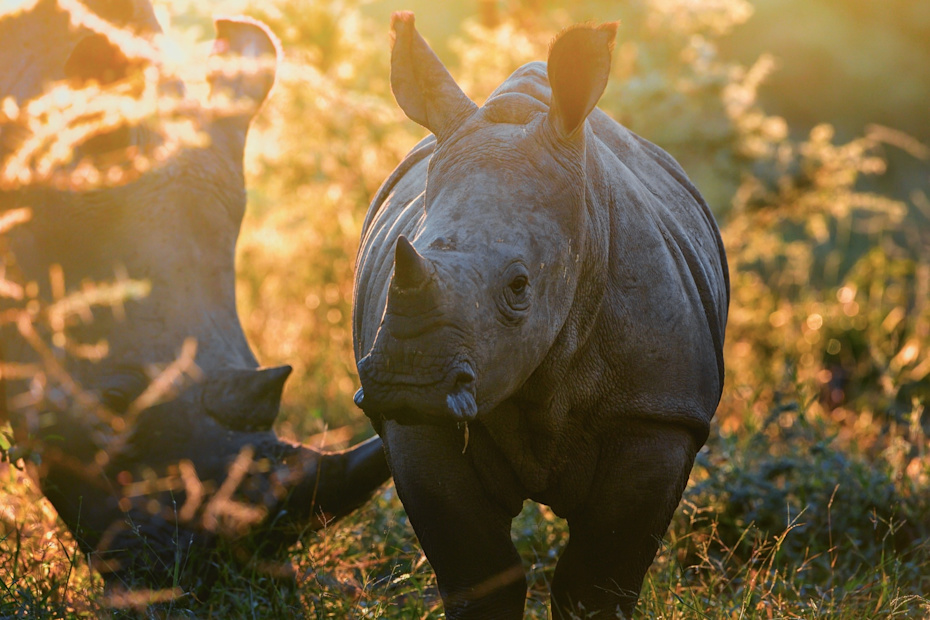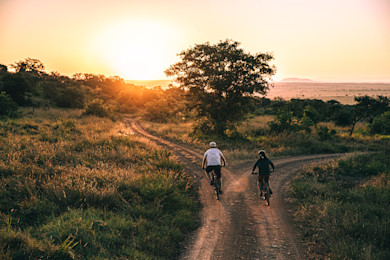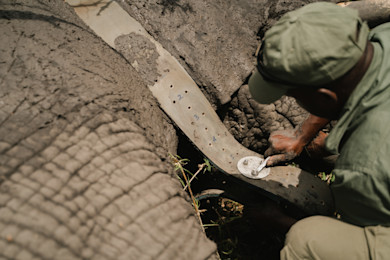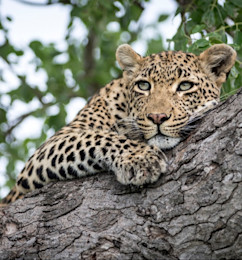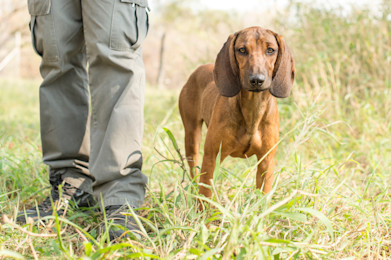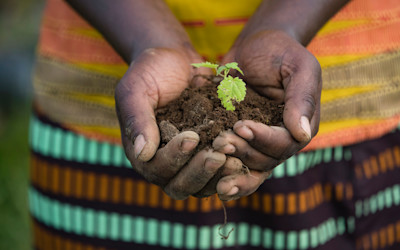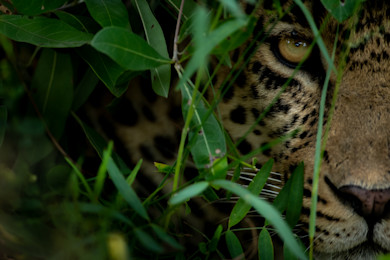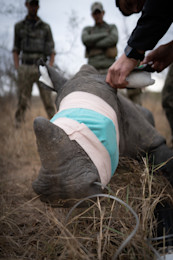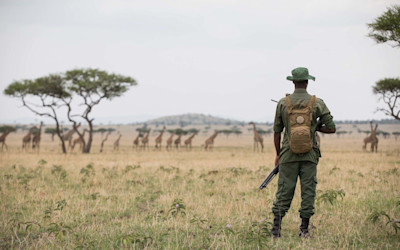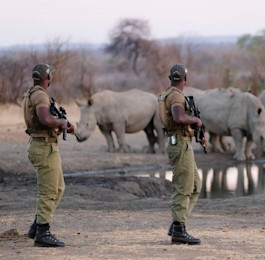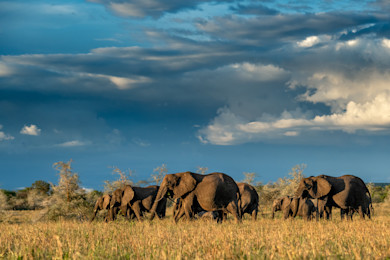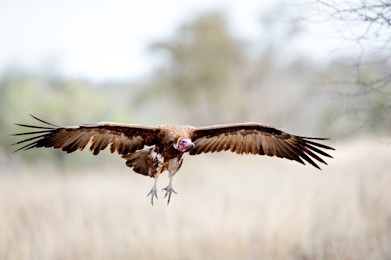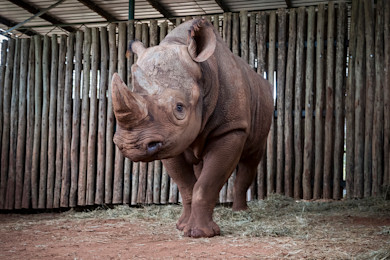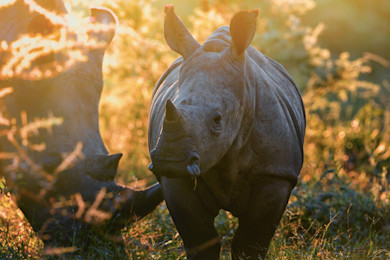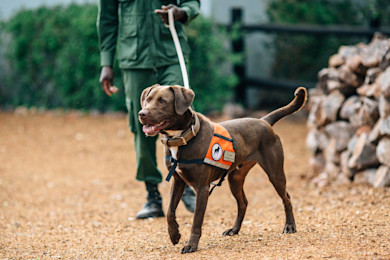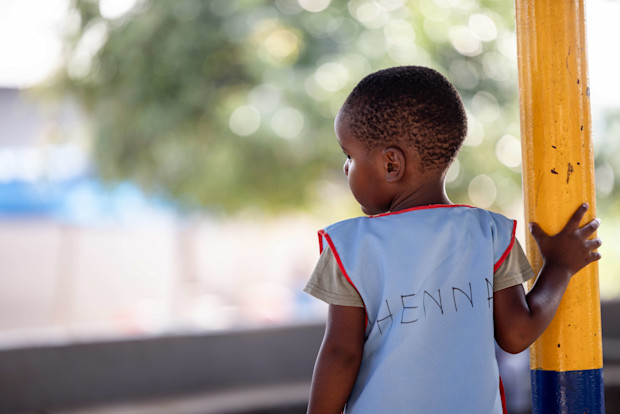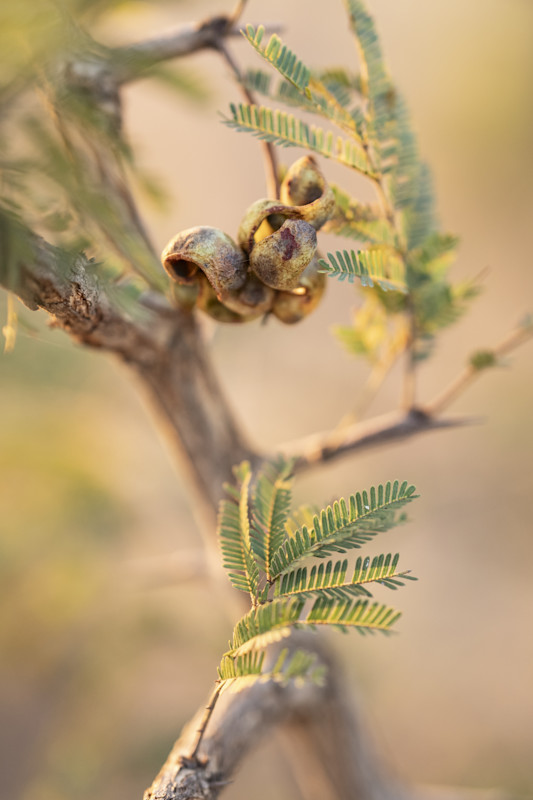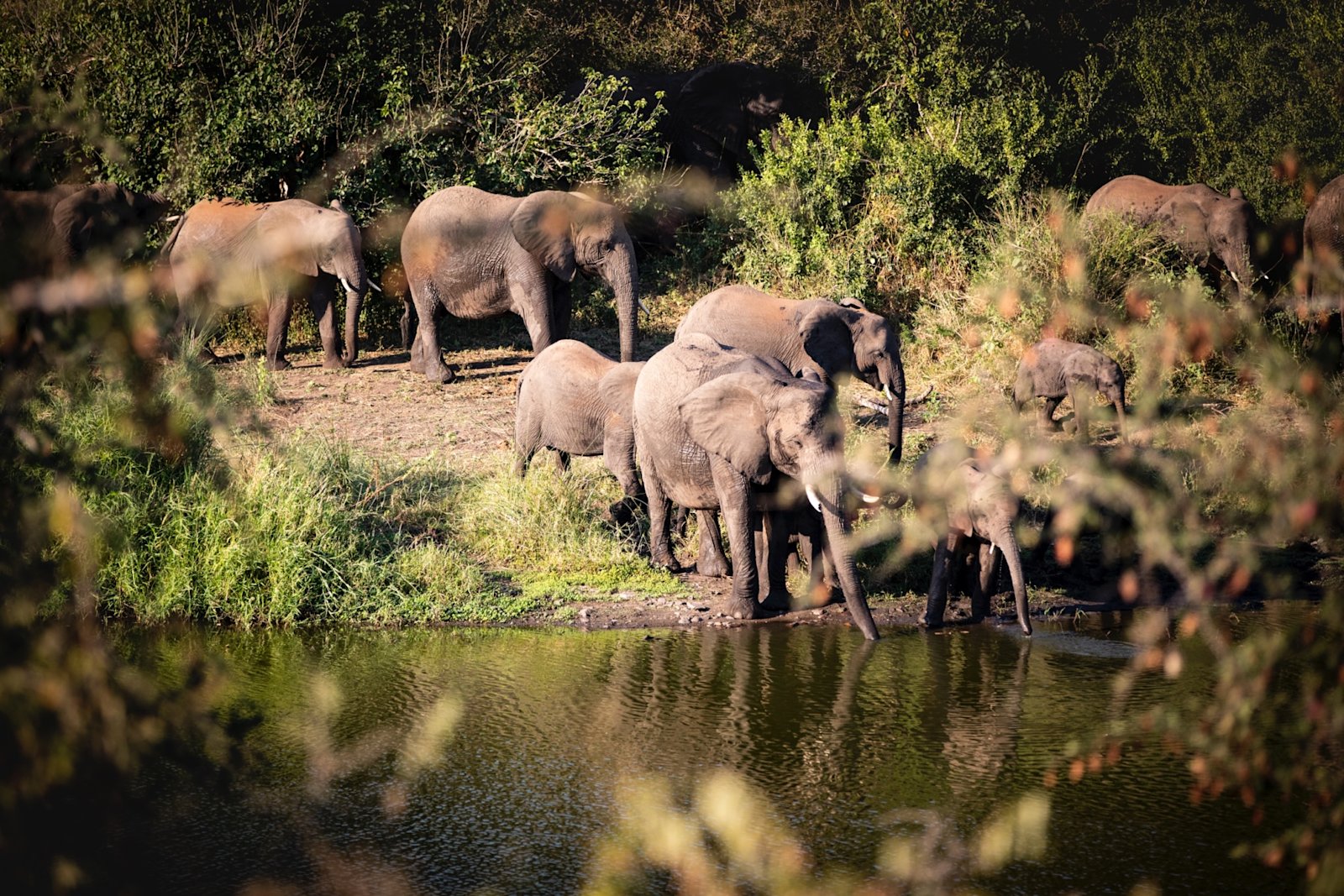
Biodiversity at Singita
Restorating some of Africa’s most diverse wilderness areas and iconic wildlife
Singita is committed to restoring, protecting and enhancing the biodiversity of close to 1 million acres of land across four African countries.
The aim is to secure the continued ecological integrity, wildlife management and ecosystem restoration of some of Africa’s most diverse wilderness areas and iconic wildlife – from the vast savannas of the Serengeti to the rainforests of Rwanda’s Volcanoes National Park; and from the lowveld region of southeastern Zimbabwe to South Africa’s pristine bushveld.
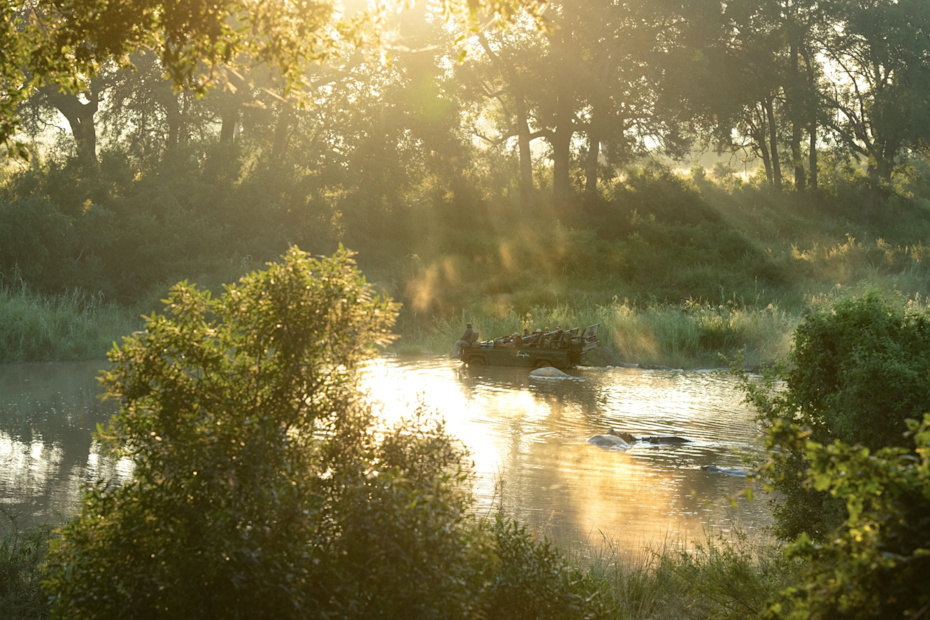
Our conservation partners strive to restore, enhance and protect the biodiversity of the ecosystems.
This is done under our stewardship to ensure they are functioning as close as possible to their natural, undisturbed state.
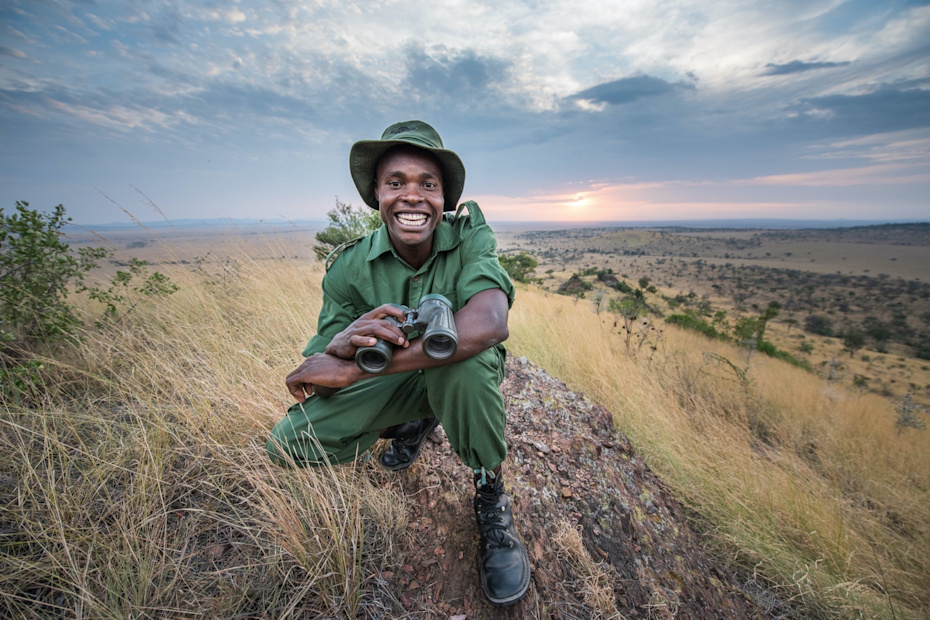
Three Clear Focus Areas
Efforts to enhance biodiversity are organised into reserve integrity, ecosystem integrity, and external influencers.
To ensure that management decisions are based on the best available information, a comprehensive programme of research and monitoring supports all three of these focus areas.
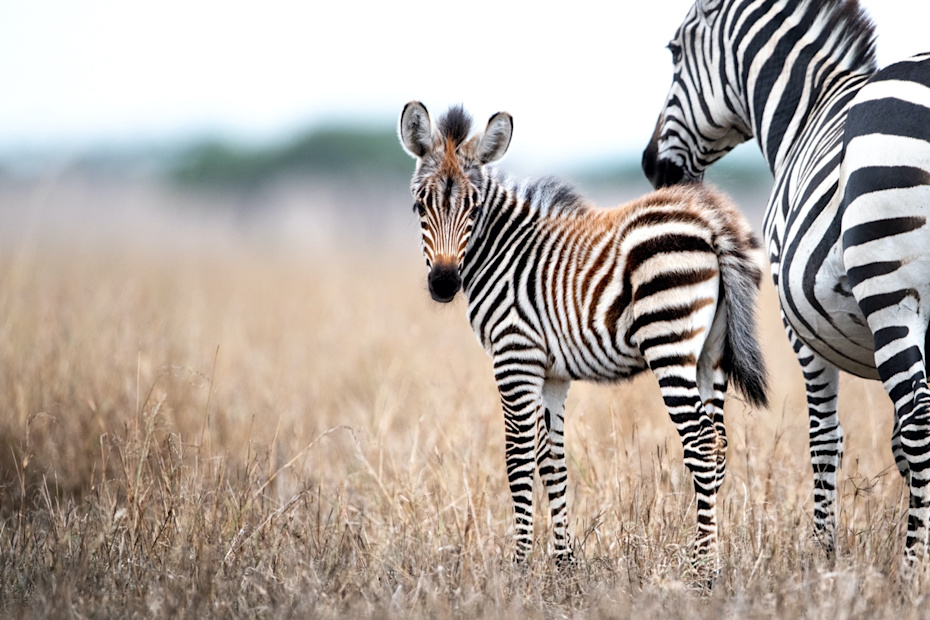
Biodiversity Projects
AllTanzaniaSouth AfricaRwandaZimbabwe
AllTanzaniaSouth AfricaRwandaZimbabwe
Our conservation focus areas
Our Conservation Partners
Conservation Partner
Grumeti Fund
As the custodian of more than 350,000 acres of the world-renowned Serengeti ecosystem in Tanzania, Singita’s partnership with Grumeti Fund has had a profound impact on the Serengeti ecosystem. The non-profit Grumeti Fund carries out wildlife conservation and community development programs in and around the Singita Grumeti Reserve.
Faced with challenges including uncontrolled illegal hunting, rampant wildfires and spreading strands of invasive alien vegetation when they took over the management of the area in 2003, the Fund dedicated itself to transform severely depleted wildlife numbers into thriving populations once more. Restoring this once barren and highly degraded region to a flourishing wilderness, their successes include the remarkable recovery of many species – including buffalo, wildebeest and elephant populations, and in 2019, the Fund carried out the largest single relocation and reintroduction of 9 critically endangered Eastern Black Rhino.
The non-profit Fund is fiscally independent in its conservation and community project operations. Funds are derived in the form of donations from Singita guests, NGOs and philanthropists seeking to make a lasting contribution to the sustainability of conservation work in Africa.
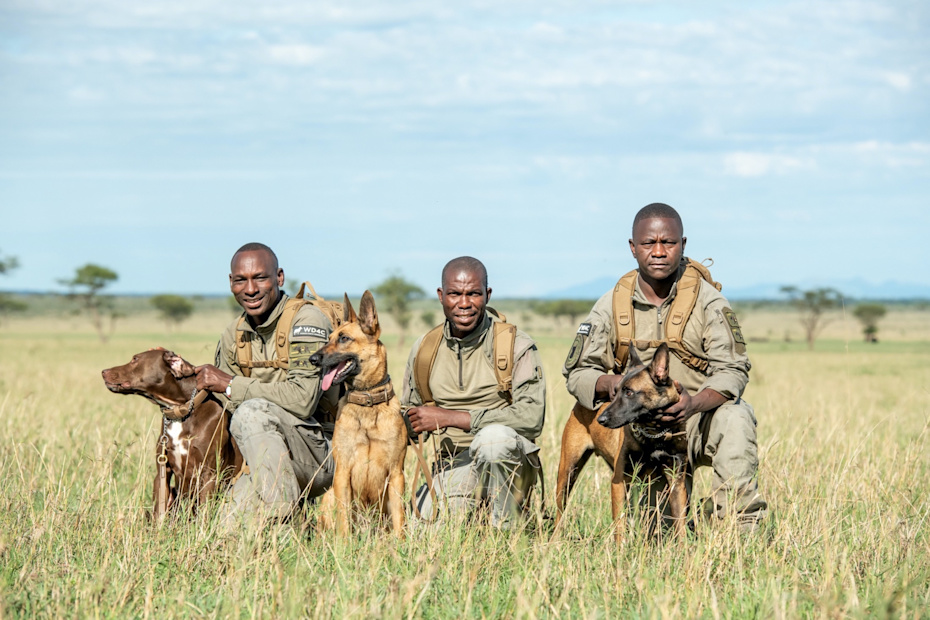
Conservation Partner
Singita Lowveld Trust
Our biodiversity projects focus on maintaining healthy, well-functioning ecosystems and habitats in the reserves in which Singita operates. These ecosystems are vital for the protection of a diverse range of wildlife, including species of conservation concern, such as rhinos, leopards, lions, wild dogs and vultures.
As we strive for the restoration and regeneration of our rich wilderness landscape, we can’t do this without the support and in collaboration of our communities. Together we're committed to ensuring that people living alongside wilderness areas not only benefit from tourism and conservation jobs but also experience lasting socio-economic growth.
Download the SLT brochure to find out more about their programmes.
As we strive for the restoration and regeneration of our rich wilderness landscape, we can’t do this without the support and in collaboration of our communities. Together we're committed to ensuring that people living alongside wilderness areas not only benefit from tourism and conservation jobs but also experience lasting socio-economic growth.
Download the SLT brochure to find out more about their programmes.
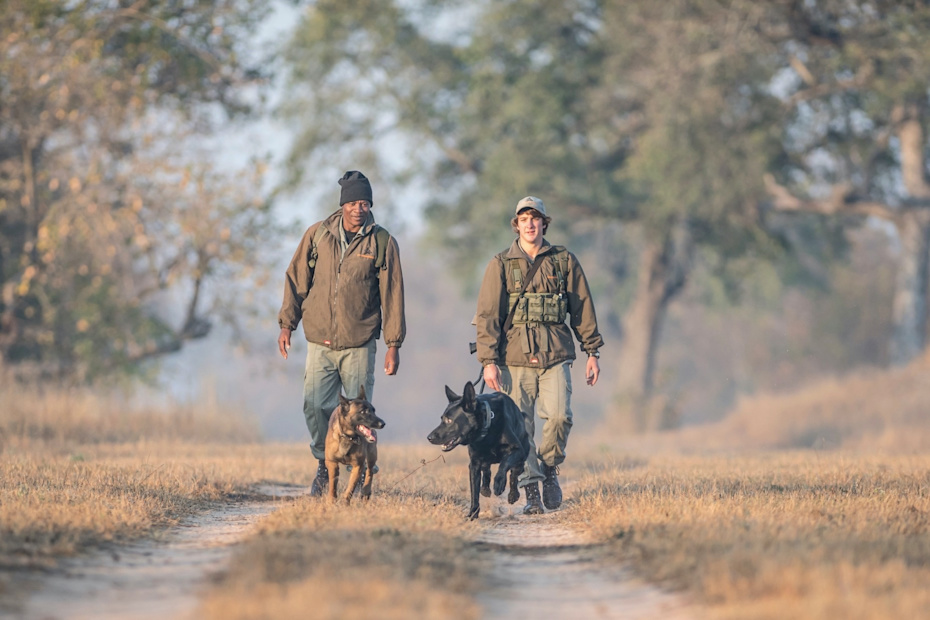
Conservation Partner
Malilangwe Trust
As custodians of the Malilangwe Wildlife Reserve in Zimbabwe, the Malilangwe Trust manages the conservation of this pristine wilderness – which comprises 38 different habitats and ecological zones in 115,000 acres of protected land.
After successfully introducing 28 black and 15 white rhinos to the reserve in 1998, it is now home to a globally significant population of both and the programme has been so successful that it is a source for restocking rhinos in other reserves on the continent.
The Trust has developed a blueprint for creating harmony between conservation initiatives and community development in villages that neighbour wildlife areas and ensured a sanctuary for a wide range of wildlife, including breeding herds of rare antelope species such as sable and roan.
An onsite Environmental Education Centre for school teachers and children allows them to immerse themselves in Outdoor Education and fieldwork, while the Trust’s nutrition programme provides 20,000 children with a fortifying meal before school every day in order to address increasing food insecurity in the region.
